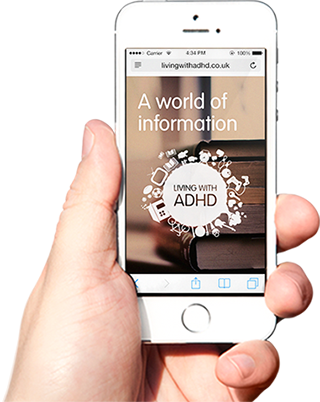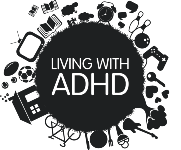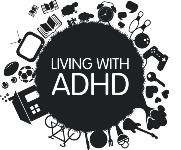Coping with school
Coping with school
Ensure the teacher knows about your child’s ADHD
Children with ADHD often have educational difficulties and may underachieve at school.
ADHD can cause problems with many everyday classroom activities, such as understanding texts, planning written work, logical thinking, carrying out multi-part instructions and written and verbal expression. Children with ADHD often have poor concentration, and problems with memory and communication.
Make sure that the teacher is aware that your child has been diagnosed with ADHD, if they do not already know.
Help in the classroom
Your child's teacher may use various methods to help them in the classroom, such as:
- Seating your child near the teacher and away from distracting stimuli such as windows, heaters or air conditioners.
- Seating your child with calm, well-behaved "role models"; working in pairs to provide support.
- Using reward systems to encourage good behaviour.
- Setting your child up with an older "buddy" who can mentor them and help them to deal with teasing or bullying that might impair progress at school.
At home, you can help your child with their schoolwork by setting a homework routine.
Useful after-school activities
Children with ADHD can have difficulty planning activities and completing them in the right order. They can also be disorganised and forgetful. This can make it difficult to take part in after-school activities such as sports and clubs. To help them, you can:
Make an activity chart
- Make a chart of which activities happen when. Keep a chart at home, and a copy for your child to carry with them as a reminder when they are at school.
Remind your child of after-school plans
- Remind them each morning before school of what they will be doing after school, and get them to repeat the information back to you.
Prepare materials the night before
- Make a list of the equipment or materials that they need for each day, and gather these together the night before. Put them by the front door (maybe in your child's school bag) so your child will see them and be less likely to leave them behind.
Plan for reschedules and cancellations
- Plan what will happen if an activity is unexpectedly rescheduled or cancelled so that your child knows what to do if their usual routine is changed.
Do practice runs
- Do some "practice runs" with your child to make sure they know how to get to the place they will be going for their after-school activity.
Set a homework routine
- Children with ADHD respond well to routine, and setting a homework routine is one way to help them with their schoolwork.
Ask for a homework timetable
- Be aware of when your child has homework – ask their teacher for a copy of the homework timetable.
Agree on a time for homework
- Agree a time when homework is to be done each day. Plan for "homework first – play later".
Provide a quiet environment with no distractions
- Provide a quiet, calm environment with no distractions for your child to work in. Switch off the TV, ban interruptions from family members until your child has finished, etc.
Permit computer use for some tasks
- Allow your child to use a computer for tasks like researching or writing assignments, if this suits them better than looking things up in books or writing things by hand.
Schedule exercise breaks
- Schedule breaks and opportunities for physical exercise when doing homework if necessary, so your child can "let off steam".
Offer praise and rewards
- Praise/reward your child for completing homework – e.g. using a star chart or points system that gets them something they want.
Transition from primary school to secondary school
Although challenging to most children, the core symptoms of ADHD can make moving up from primary school to secondary school a particularly demanding time for children with the disorder. Tasks that typically prove difficult to children with ADHD when they start secondary school may include:
- Understanding a new timetable and learning the way around a new school.
- Noting down homework accurately, and completing homework.
- Making new friends.
- General increased need for reliance on personal organisational skills.
Be aware of potential issues
- It is important for you to be aware of potential issues such as these, and support the child's needs. For example, if they are having problems with their organisational skills, help to prepare the school bag for the next day, and keep a copy of the lesson and homework timetables in a prominent place at home, such as on the fridge door.


Resources
Visit our resource centre for useful information and helpful activities for parents, teachers and teenagers living with ADHD.

